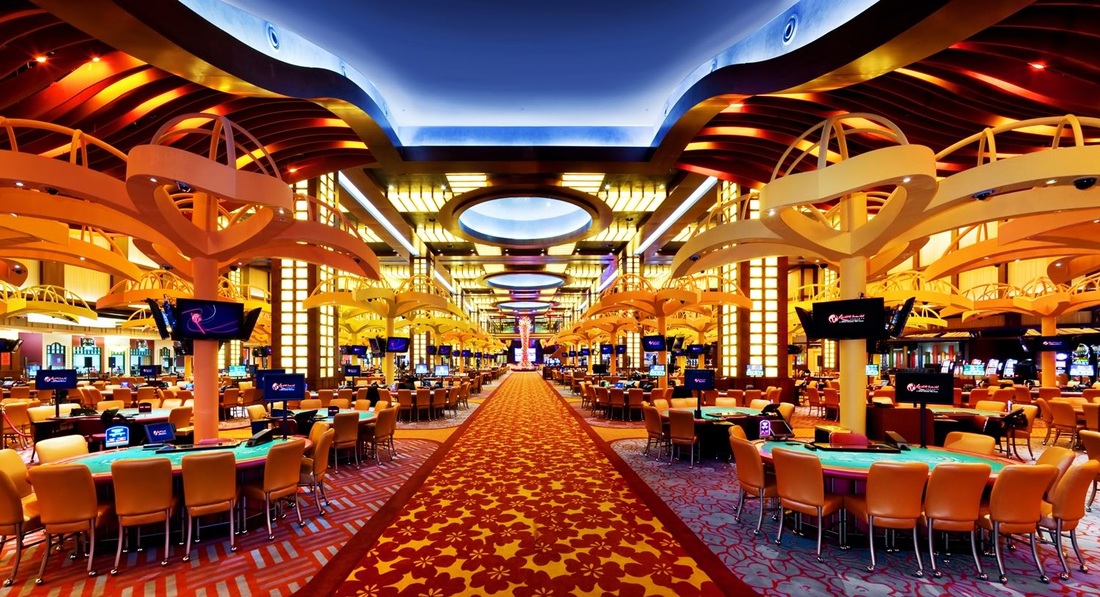
Gambling in casinos has long been a topic of fascination and controversy, attracting millions of players globally. With a mix of luck, strategy, and the thrill of uncertainty, casino games offer an exciting escape from everyday life. However, as entertainment becomes ever more accessible, it invites a deeper examination of the morality surrounding these games.
At the heart of the discussion lies the issue of whether casinos promote safe gambling or exploit vulnerable individuals. The appeal of potential winnings versus the truth of losses can create a complex situation, and understanding this balance is essential for both players and operators. As we delve into the ethics of casino gaming, we will explore the duties of casinos, the effects on society, and the measures that can be taken to foster a healthier gaming environment.
The Impact of Casino Gaming on Society
Casino gaming has a notable influence on societal dynamics, affecting not only the economy but also social behaviors and community structures. The funds generated from casinos can lead to job creation and boost regional economies, as they provide multiple employment opportunities in different sectors including food and beverage, leisure activities, and retail. However, while the economic advantages can be significant, communities often struggle with the possible negative impacts that arise from increased gambling activity.
Moreover, the presence of casinos can lead to an rise in gambling addiction, presenting significant challenges for individuals and families. The excitement of casino games can quickly evolve into a habitual habit, affecting personal relationships and leading to monetary issues. Many individuals may find it difficult with the loss of control over their gambling habits, resulting in a need for assistance programs and interventions to address this growing issue. The social cost of gambling addiction can ripple through families and neighborhoods, creating an urgent need for sensible gambling approaches.
In addition to the economic and social consequences, casino gaming often showcases cultural attitudes towards uncertainty and leisure. It can encourage a sense of excitement and leisure, attracting tourists and boosting tourism. However, this allure may also mask the wider implications of gambling as a method of entertainment, raising ethical questions about its advertisement and accessibility. As communities weigh the advantages and drawbacks of casino gaming, the need for responsible practices and oversight becomes increasingly critical in ensuring that the positive aspects are enhanced while reducing the negative effects.
Ethical Concerns in Betting Activities
The morality of casino gaming often revolve around the potential for dependency and its consequences on people and households. Betting can lead to serious financial distress, impacting not only the gamblers but also their loved ones. As people become caught in the appeal of winning, many lose track of their budget, which can result in catastrophic results such as bankruptcy. This poses ethical questions about the responsibility of casinos in fostering safe gaming practices and offering support for those who may be dealing with gambling addiction.
Another critical concern is the advertising of betting to vulnerable groups. https://kubet.memorial/ Gambling establishments often target low-income people or communities with the promise of fast gains, which can perpetuate patterns of poverty and despair. In this situation, the ethics of marketing strategies used by casinos come under examination, as they may take advantage of the desperation of people seeking an way out from economic troubles. KU BET This manipulation raises ethical questions about the integrity of the gambling industry and its responsibility to safeguard its most vulnerable customers.
Additionally, the effect of gambling operations on the community as a whole cannot be ignored. While some argue that gambling establishments create employment and stimulate local economies, others point to the social costs associated with problem gambling, increased criminal rates, and a strain on public resources. Balancing economic benefits with the risk for community issues presents a complex moral dilemma for lawmakers and gambling operators alike. The difficulty lies in discovering a ethical approach that takes into account the welfare of individuals and communities while still allowing for the pleasure of casino gaming.
Oversight System and Obligations
The oversight system pertaining to gaming operations is developed to ensure justice, integrity, and gambler security. Different government agencies and gambling commissions establish and enforce regulations that dictate how gambling games work, the guidelines for game creation, and the protocols for handling prizes. These regulations vary by region but typically involve permit requirements for businesses and rigorous measures to avoid deception and fraud.
In also to oversight bodies, gaming businesses bear major responsibility in upholding principled standards within their venues. They must implement responsible gaming practices that promote player security and education, including providing self-ban options and providing information about the dangers associated with betting. Casinos are also obligated for training staff to identify signs of compulsive betting and be aware of the correct actions to assist visitors in trouble.
Furthermore, openness in gambling operations is vital for gaining and keeping public faith. Casinos should present clear data about the probabilities of games, marketing deals, and any associated hazards. By fostering an culture of transparency and responsibility, casinos can help lessen the likelihood negative impact of betting while improving the overall gambling experience for all gamblers.
